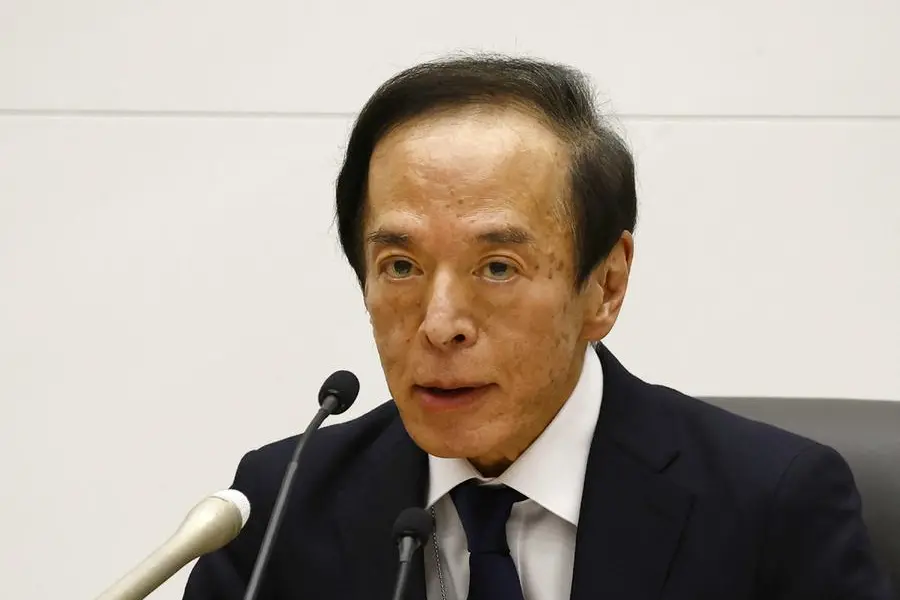PHOTO
Japan's new central bank chief said Monday no major rate hikes were on the horizon, and that a long-standing loose monetary policy remained "appropriate".
Kazuo Ueda took over this month from Haruhiko Kuroda, the bank's longest-serving governor and architect of a monetary policy intended to help boost the world's third-largest economy.
Ueda, 71, takes the reins with the central bank under pressure to join international peers that have hiked rates to address inflation.
He has, however, made it clear that there will be no immediate shake-up of the bank's existing approach.
"Japan is currently not in a situation where interest rates need to be significantly raised," Ueda told reporters at his first press conference since taking office.
Kuroda, who became governor in 2013, tried everything from a negative interest rate to spending vast sums on government bonds to bolster Japan's moribund economy.
But the bank's two-percent inflation target has remained out of reach, with wages stubbornly stagnant.
Prices have jumped by as much as four percent in recent months, though they increased just 3.1 percent in February from a year earlier, slowing from the four-decade highs seen in previous months.
The bank says current price hikes are largely transitory, and the result of temporary factors like the war in Ukraine and resulting energy price spikes.
There have been some signs that wages may finally be rising, with major Japanese companies including Toyota, Nintendo and Uniqlo parent Fast Retailing announcing substantial wage increases in recent months.
Ueda said wage hikes achieved in the annual Shunto spring negotiations were "a welcome development", but warned "we need to find out whether this will continue and take root".
He declined to set any new deadline for achieving the bank's two-percent inflation target, but said he would work to reach it within his five-year term.
The respected economist, described as being cautious, was a surprise pick for the change of guard after the outgoing governor's deputy reportedly turned down the job.
He has a PhD in economics from the Massachusetts Institute of Technology and is regarded as a good communicator who prefers reflection over abrupt action.





















